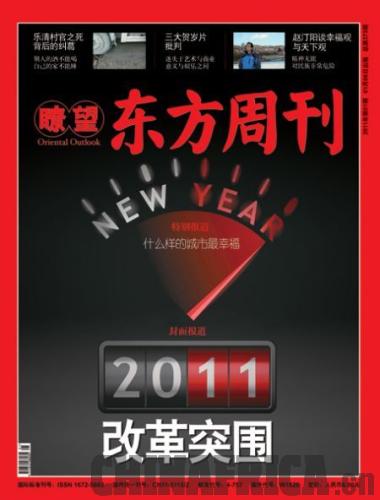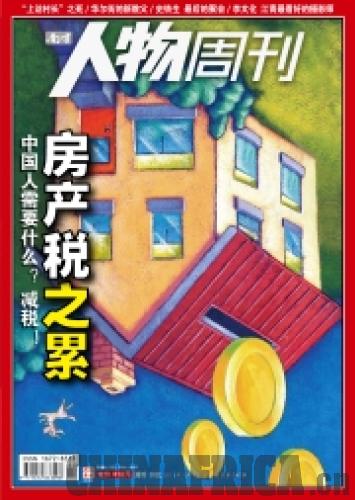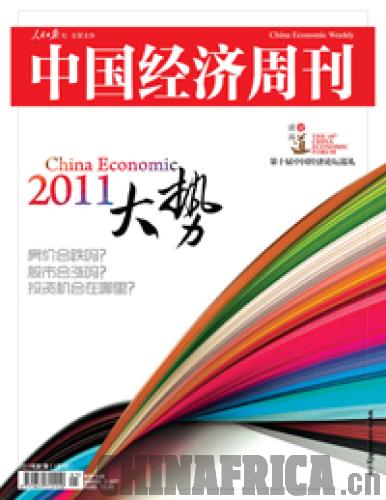| Curbing Car Sales

Oriental Outlook
January 4, 2011
Beijing's new policy to ease traffic gridlock using a restriction on the number of the license plates issued will lead to a drastic decrease in car sales. "Restricting consumers to buy cars equals restricting production, which will negatively influence the future auto industry," said Xiong Chuanlin, Assistant Secretary General of the China Association of Automobile Manufacturers, expressing his disapproval of trying to solve traffic jam woes by means of restricting citizens to buy new cars.
Criticism has also been leveled at the fact that the new policy is unfavorable for Chinese car brands. "As it is difficult to get a license, people would rather buy premium cars, most of which are foreign made, than buy the cheaper ones made by Chinese manufacturers," Xiong added.
However, Chery Automobile Co. Ltd. is optimistic about its future. "Every brand will adjust its marketing strategy according to the market changes. Chery is no exception.," Jin Gebo, a spokesperson of Chery, said.

Housing Taxation Inappropriate
South People Weekly
January 10, 2011
China's intention to introduce real estate tax to curb the soaring housing price has grabbed the public's attention in a vice like grip.
Critics like Wu Junpei, Deputy Director of China International Taxation Research Institute, don't expect the introduction of the tax will solve the problem. "Theoretically, if there is taxation, the housing price will be higher," he said, adding that institutional problems, such as the unfair income distribution system, should be blamed on the high housing price, not the absence of taxation.
As for the consequence of levying the tax, Wu said that residents' real income will decrease. The price of real estate has increased 10 times in recent years, but people's wages have not. The tax levy will be high for low-paid workers.
Poverty Line Reset
Guangzhou Daily
December 25, 2010
The Chongqing Morning Post says the Chinese Government has decided to set the nation's poverty line at an annual per-capita net income of 1,500 yuan ($226) in 2011, up by 25 percent. With this new poverty line, there will be more impoverished people to help. However it doesn't mean the government's poverty relief efforts are not working. As economic growth pushed up the overall standard of living, the poverty relief level needs to rise accordingly. Although the number of poor people seems to have risen, Chinese are not necessarily getting poorer. Instead, more people living in poverty are able to receive assistance. Poverty relief targets will no longer solely focus on food and clothing, but cover more extensive areas.

Salary Reform
China Economic Weekly
January 3, 2011
This year is likely to see a breakthrough in the reform of China's income distribution system.
At the policy level, the Fifth Plenary Session of the 17th Central Committee of the Communist Party of China, held in October 2010, indicated that the reform of the income distribution system will be deepened during the 12th Five-Year Plan period (2011-15). The Central Economic Work Conference in December 2010 also put forward the target to narrow the widening income gap, seen as the Central Government's decision to improve people's income.
New Year Gifts
People's Daily
January 4, 2011
With the Spring Festival drawing near, governments at various levels are busy offering money and other forms of aid to needy people as New Year gifts. These gifts are usually rice, edible oil and an envelope containing cash. While the government's intention is admirable, it is not addressing the real issues.
Giving these gifts is actually an important channel for officials to gain a deeper understanding of the difficulties people face. From this understanding officials can then put in place sustainable projects to lift the needy out of poverty. This will provide those who have little to make better lives for themselves and feel the real heartfelt care of government. |